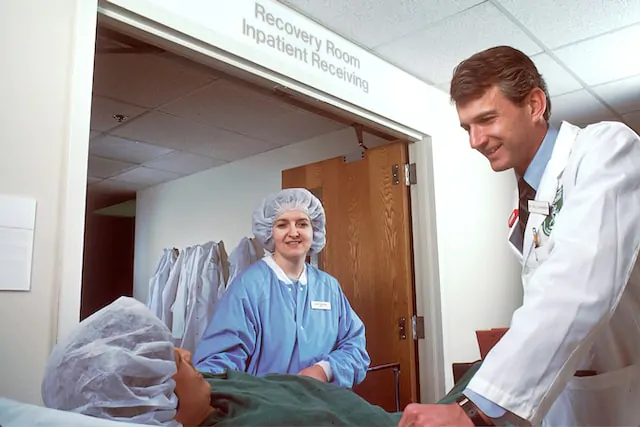Local Anesthetic: Everything You Should Know

Many people are astonished to learn that today’s procedures may be performed while the patient remains conscious and aware of the procedure. They will also be free of any pain or discomfort. All of this is feasible thanks to a local anesthetic, which numbs a specific bodily part.
In contrast to general anesthetics, local anesthetics do not cause you to lose consciousness. Further, they are safer to use and require much less recovery time. Read on to learn everything you should know about local anesthetics:
What exactly is Local Anesthesia?
Local Anesthesia refers to using a drug to temporarily numb a specific area of your body. Doctors and surgeons can give local Anesthetics before doing a minor procedure. For instance, the doctor will give you local anesthesia during tooth extraction so that you won’t feel any pain. Unlike general anesthetics, local anesthetics do not make you fall asleep.
Local Anesthetics work by blocking the nerves to commute pain sensations to your brain. Also, it is sometimes used as a sedative to help you relax.
Different Types of Local Anesthetics
The type of local Anesthetics to be used depends on several factors. For instance- length of the procedure, size of area required to be numbed, health conditions, or any medication being taken currently.
Local Anesthetics are further divided into two categories on the basis of administration:
- Topical Anesthetics
Topical Anesthetics are applied directly to your mucus membrane or skin. For instance- the insides of your throat, nose, or mouth. It comes in different forms –anesthetic sprays, patches, gels, creams, or liquids.
- Injectable Anesthetics
During the surgeries, injectable anesthetics are utilized to numb the area. Instead of being used to treat pain, they are used to numb huge areas of your body by blocking pain signals.
Anesthetic products such as peripheral nerve blocks, are used to numb broad areas of the body. Also, as a method of pain treatment, they are occasionally administered with sedatives during or after surgery.
How is it administered?
You do not need to prepare yourself too much for local anesthetics. Just ensure that you tell your doctor if you:
- have a bleeding disorder.
- Take any medications.
- Have any open wounds.
You will be given a local Anesthetic a few minutes before the procedure to make sure it works. While you will not feel any pain around the numbed area, you might feel some pressure sensations.
Local anesthetics usually wear off after an hour, but you might feel some numbness for a few hours. As it wears off, you might also feel twitching or tingling.
Also, be careful of the affected area after the Anesthetic wears off as it is easy to accidentally injure the affected area a few years after the procedure.
Side effects of Local Anesthetic
Local anesthetics are generally safe to use and have few negative effects. However, if it is administered through injection, you may experience some pain. For example, there may be some slight discomfort, bleeding, or bruising at the injection site.
You must also relax until the anesthetic wears off to avoid any damage. Although side effects are uncommon, some people may experience transient adverse effects if the injection is administered near a vein or if a large amount of anesthetic is administered. For instance:
- Ringing in the areas
- Blurred vision
- Dizziness
- Metallic taste in the mouth
- Muscle twitches
- Unusual sensations
It’s important to know that these side effects are temporary, and there is no need to worry about them. It will wear off as soon as the medication wears off.
Final Words
Local Anesthetics are a relatively safe way to num a specific part of your body before any medical procedure. It acts as a form of pain management on your mouth or skin. While it might cause some side effects, this only happens in cases where there is an overdose of anesthesia due to some medical reasons.




